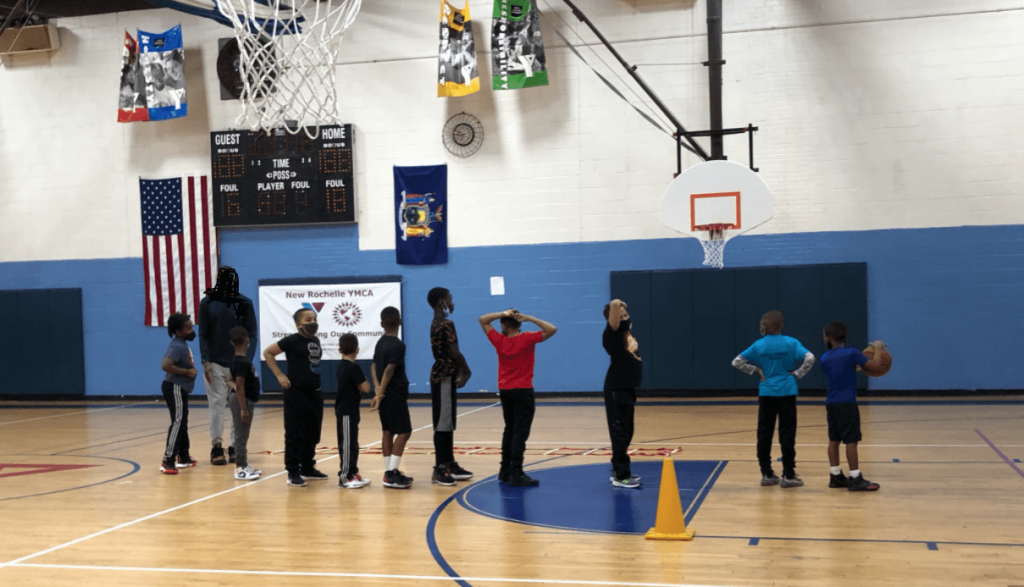It’s Not What You Know, It’s Do You Care

“Too often, we give children answers to remember rather than problems to solve.” Roger Lewin, US Humorist, Author.
If you ask players what they dislike most with their coaches – talking too much (over-coaching) would be high on the list. When you try to explain every detail of the practice, then it is more about you and not about your players. Your players don’t care how much you know or what you have achieved, it’s how much you care that matters.
“Tell me and I forget,
Teach me and I remember,
Involve me and I learn.”
(Benjamin Franklin)
Only 2 Minutes

My worst time with players is when I planned practice and I am explaining to the group and they are not paying attention. The talking, playing around and lack of focus drives me crazy. Often, it leads to some form of physical task.
I always got frustrated when my players could not stand still and listen for a few minutes. I thought listening for 2 minutes was not a long time.
Sage On Stage

Have you ever timed yourself explaining your session to your players?
You might think it is short. On average many youth coaches talk for over 2 minutes before play gets started.
You never check for understanding by asking questions and allowing players to respond. How often do you have more players watching than those playing (image above)?
Players In Control

For your players to be engaged they have to be involved, active, and most important participating in the design. If you have your players participate in the design or construction their effectiveness can be enhanced. They will be more engaged.
To further their enagement, you need to have a personal connection with each player. Connecting with your players does not have to always be verbal, non-verbal cues can be highly effective.
4 Steps To Keep Your Players Engaged
- Plan Your Practice – the main mistake by many coaches
– Create games/activities – gives players control
– Give your players problems to solve
– Use multiple small games at the same time - Make It Safe – show you care about them
– Make eye contact
– Talk friendly
– Actively listen - The Es
– Explain – clearly in 30 to 45 seconds
– Empower – praise generously
– Embrace – accept they are different, and treat accordingly
– Educate – Ask questions - KISS – Keep It Simple Stupid
– Players get frustrated easily with complex tasks
Training Session – How To Engage Young Players
Stage 1 – Challenge: Can You Knock Over The Cones?
Stage 2 – Challenge: Who Can Put Up The Most Cones?
Stage 3 – Challenge: Who Can Knock Over A Cone With Their Ball
It’s A Players’ Game
Your players will be actively participating if your practice is centered around their needs – short attention span, love to be on the move, wants to feel valued. Games can provide an active, motivating was for your players to review what they’ve learned.
What methods have you used to keep your players engaged during practice?
Leave A Comment